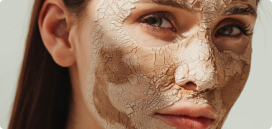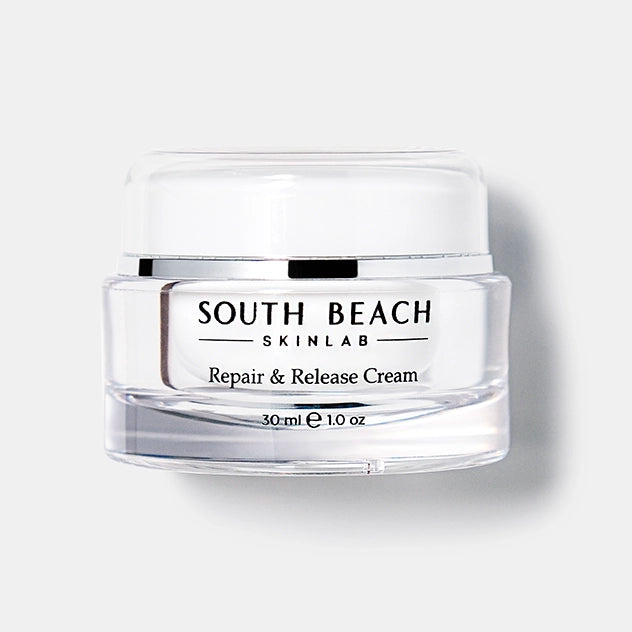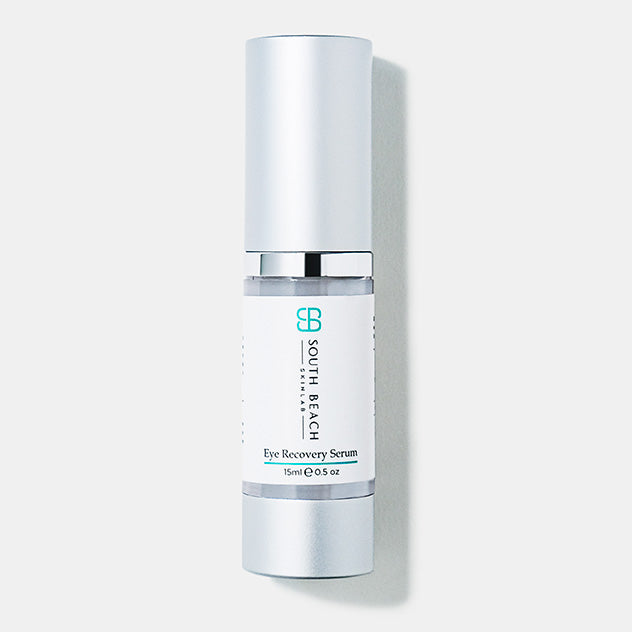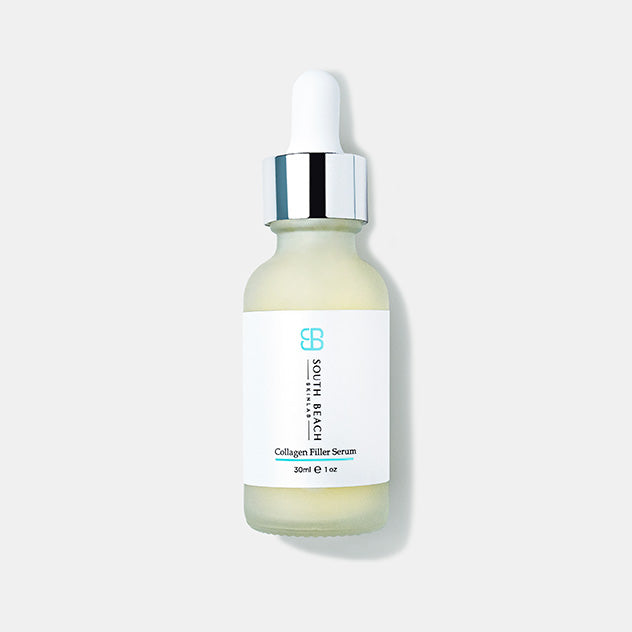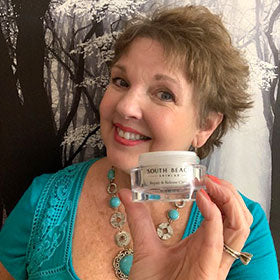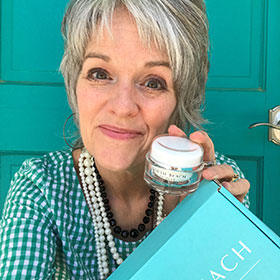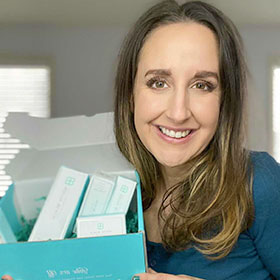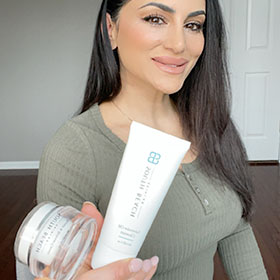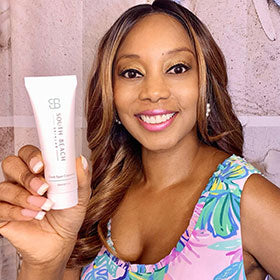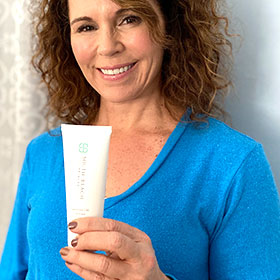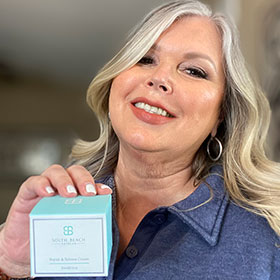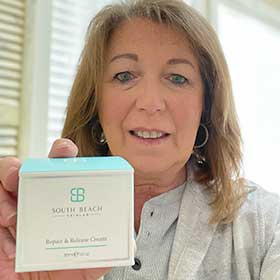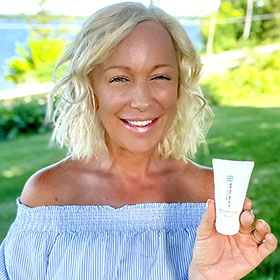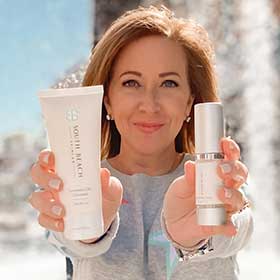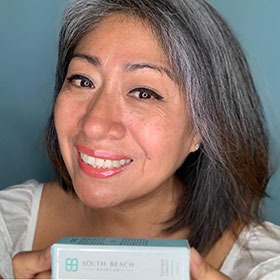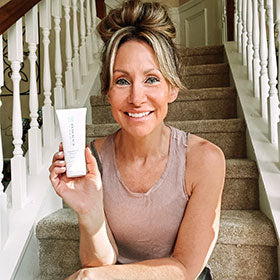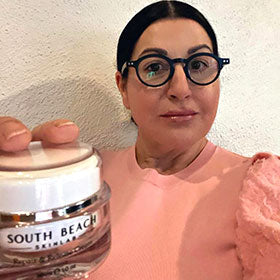If you’re here, you already know that Vitamin C is good for you. Maybe you take it orally or perhaps you found a product with Vitamin C that really suits you.
Either way, you’re doing your skin and body some definite good. But what kind of good?
In the interest of some useful, back pocket happy hour conversation (but also, you know, understanding why you’re actually slathering your skin in stuff), here is a laundry list of things Vitamin C can do for you and your skin!
Defends Against Free Radicals
Vitamin C is an antioxidant, which is good news. To get scientific about it, Vitamin C can donate electrons in order to neutralize free radicals created in skin after oxidative stress. Oxidative stress = sun damage. So while Vitamin C can’t protect skin like an SPF can, it can minimize the damage you can’t see.
Boosts Collagen Production
 Vitamin C is one of the factors in stabilizing and creating collagen molecules, meaning that it’s one of the most reliable anti-aging ingredients on the market. Some research also shows that Vitamin C can also increase the quality of the collagen created in the body.
Vitamin C is one of the factors in stabilizing and creating collagen molecules, meaning that it’s one of the most reliable anti-aging ingredients on the market. Some research also shows that Vitamin C can also increase the quality of the collagen created in the body.
So while topical collagen aren’t necessarily doing you any good for you since your body can’t absorb it, the Vitamin C in your products been pulling double duty.
Reduces Pigmentation Issues
 Because Vitamin C aids the skin to heal itself, it should be your go-to secret weapon when looking to reduce red and brown spots. It contains tons of anti-inflammatory properties that can fight acne or rosacea and help even the skin tone of your whole face. You already knew you were preventing damage with it; but it’s real super power is healing the damage that already exists.
Because Vitamin C aids the skin to heal itself, it should be your go-to secret weapon when looking to reduce red and brown spots. It contains tons of anti-inflammatory properties that can fight acne or rosacea and help even the skin tone of your whole face. You already knew you were preventing damage with it; but it’s real super power is healing the damage that already exists.
Vitamin C sounds simple, but there are actually Three Main Kinds of Vitamin C to know about:
1. Ascorbic Acid – is the most common when it comes to skincare—it absorbs the quickest and has the highest potency when applied topically.
2. Magnesium Ascorbyl Phosphate (MAP) is another water-soluble derivative of Vitamin C that can be effective in lower doses.
3. Ester-C, a trademarked form of Vitamin C that’s been amped up with Calcium Ascorbate. This one comes with a lot of claims, but not a whole lot of data backing up.
Regardless of which version you choose, Vitamin C can provide positive results in healing existing skin damage and preventing further damage of signs of aging from popping up on your beautiful face! Get ready for the results this powerful ingredient can provide!


